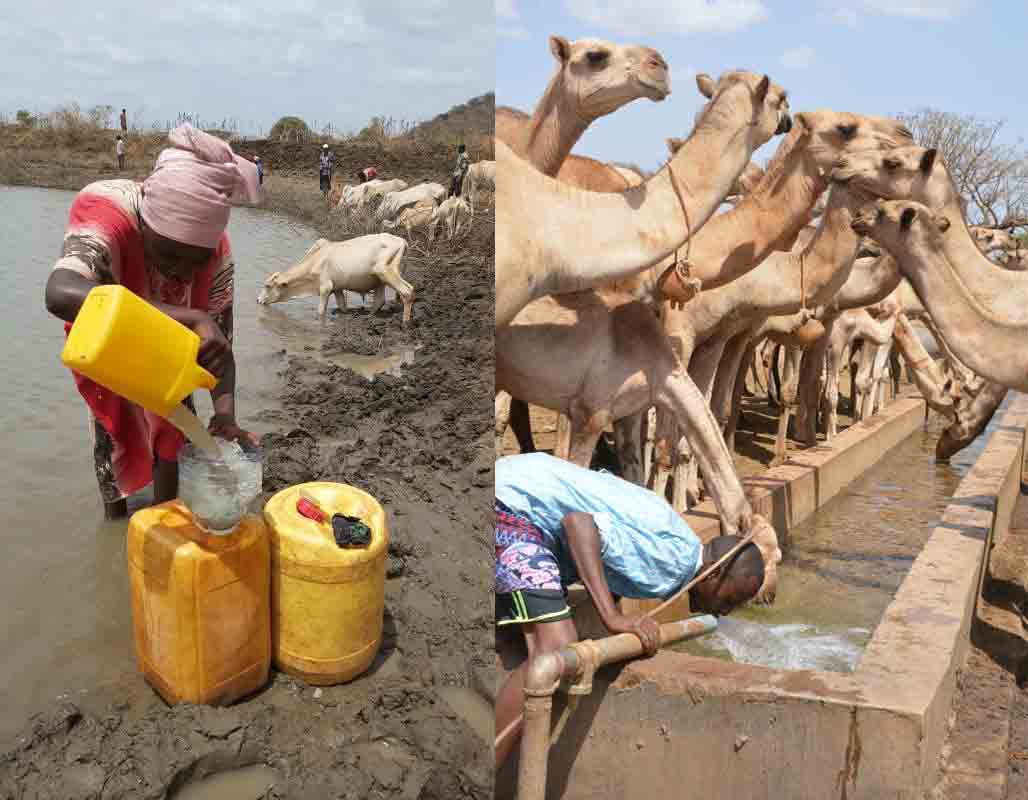×
The Standard e-Paper
Join Thousands Daily

The number of drought-stricken counties to benefit from the government's relief programme has been doubled to eight.
The move is aimed at supporting more families affected by drought in arid and semi-arid counties through the Hunger Safety Net Programme (HSNP) being run by National Drought Management Authority (NDMA).